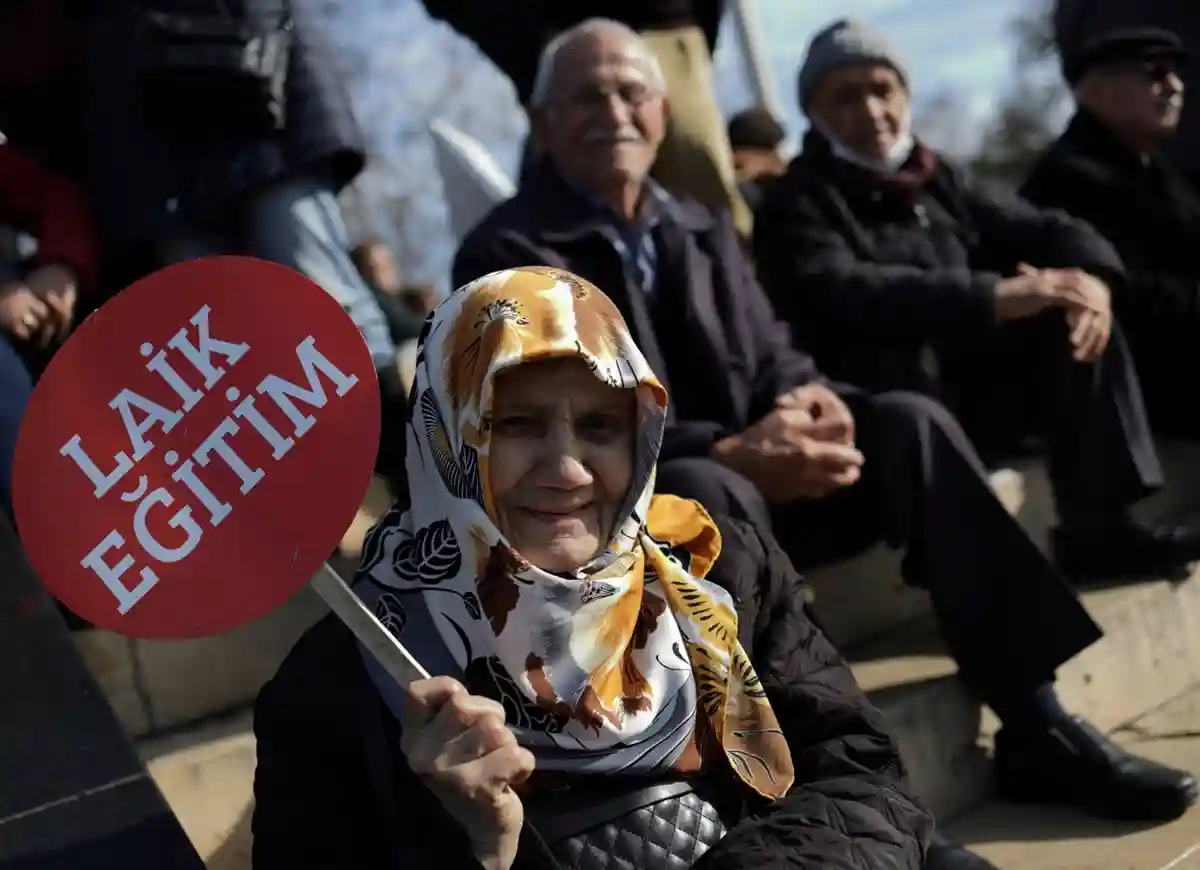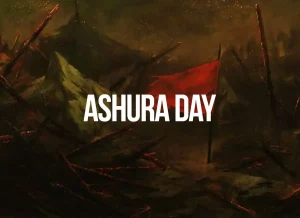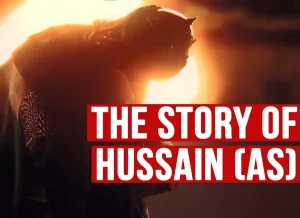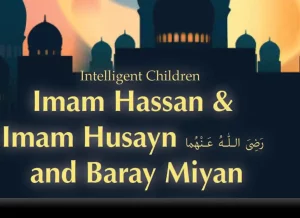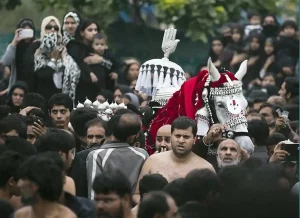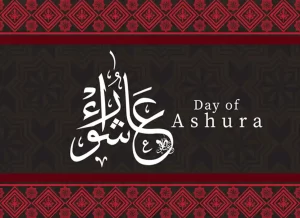The role of Islam in Turkish education is a complex and controversial topic, marked by ongoing tension between the country’s secular foundation and its majority Muslim population. Here’s a breakdown of different aspects:
History:
- Secularization under Ataturk: After the Ottoman Empire’s fall, Mustafa Kemal Ataturk established a secular republic in 1923, abolishing religious courts and education.
- Reintroduction of Religion: In 1982, after a military coup, religious education became compulsory in public schools.
- Growing Influence under AKP: Since 2002, the Justice and Development Party (AKP) has gradually increased Islamic influence in education, opening more religious schools, emphasizing “moral values,” and building prayer rooms.
Current State:
- Compulsory Religious Education: All students, regardless of religion, must take mandatory “Religion Culture and Moral Knowledge” classes. These classes focus on Sunni Islam, raising concerns about minority representation.
- Imam Hatip Schools: Special vocational schools train future religious leaders. Their numbers have significantly increased under the AKP, causing worries about promoting a specific interpretation of Islam.
- Universities and Higher Education: While secular, some universities have opened Islamic studies departments, reflecting both interest and potential concerns about academic freedom.
Debates and Concerns:
- Secularism vs. Religious Identity: Secularists fear the erosion of Ataturk’s vision, while supporters of increased religious content see it as respecting Turkey’s Muslim identity.
- Neutrality and Minority Rights: Critics argue that religious education lacks neutrality and fails to represent non-Sunni Muslims or non-religious citizens.
- Quality and Academic Freedom: Questions exist about the quality of religious education and potential pressure on academic freedom in universities.
- Summary
- Erdogan has pledged to build”a holy generation.”
- The number of Islamic schools has increased dramatically under Erdogan
- Secularists assert that Islam is now taking over all schools
- Ministry of Education denies agenda based on religion in the latest report
ISTANBUL, December 14 (Reuters) The steps taken by Turkey to encourage traditional moral values among students, increase Islamic lessons, and allow open prayer spaces in schools are fueling secularist fears in the Muslim nation and exposing disagreements about what role religion should play in the field of education.
The recent changes have sparked tensions about what is an issue that is highly controversial in the midst of a year when Turkey celebrates its 100th anniversary since Mustafa Kemal Ataturk founded the uncompromisingly secular republic.
Over two decades as a leader Tur, Kish President Tayyip Erdogan, along with his Islamist-based AK Party, has reshaped Turkey with his conservative views by establishing a variety of Islamic “Imam Hatip” schools in line with his aim of forming the “pious generation”.
Unions, secularist opposition parties and parents are all saying Islam is now invading schools in general.
In a sign of the growing tensions, Protests by 2,000 people took place on the streets of Istanbul this Sunday, protesting the most recent policies related to religion at a rally that the main leftist and opposition parties supported.
“The AK Party government has taken Turkey backwards,” said Duzgun Ugur, 65. He was standing in front of a monument of Ataturk instructing children on writing in the Latin writing system, which has replaced the Perso-Arabic one used during the Ottoman Empire as part of his modernization and secularisation reforms over one century ago.
“We want compulsory religion classes abolished,” Ugur stated. “It should be up to us to give religious lessons to children at home, raising them as we wish: secular, democratic and free,”
The rally was attended by groups that represent Alevis who adhere to an Islamic tradition that differs from the religious beliefs of the Sunni majority. They comprise about 15-20 per cent of Turkey’s inhabitants, and many are sceptical regarding the AKP‘s intentions.
Imam Hatip school, established to train Islamic presbyters, has increased to nearly 1,700, up from 450 when the AKP was first elected. The number of students they have attained has increased six times over to nearly half a million.
Suggested Read: The Afghanistan File , Islam in Saudi Arabia,
UNIVERSAL VALUES?
However, the criticism of secularism is currently directed at the traditional school system, where pupils are required to attend two religious classes every week. They also have to be required to take additional morality and religion classes.
Additionally, under a law that came into effect at the end of October, educational institutions have to provide spaces for what’s known as a mascot, a tiny space to hold Islamic worship.
“State schools are being transformed into (religious) madrasas by making other schools’ curriculums similar to Imam Hatips,” Kadem Ozbay, the head of the Union for Education, Egitim-Is Is, said to Reuters.
Secularist anxiety is centred around a program called CEDES, which is a program that the Ministry of Education claims is designed to help children take on “national, moral, humane, spiritual and cultural values”; however, opponents claim Islamic beliefs have their roots.
Egitim-Is has filed an action in the court seeking the cancellation of CEDES, the joint initiative of the youth, education and sports ministries, and the directorate of religious affairs because it is anti-constitutional and anti-secular.
They claim that under the scheme, hundreds of Islamic preachers, also known as imams, as well as other religious leaders, were taken to schools. According to the Education Ministry, no “spiritual advisers” have been appointed to schools, and the advisers are only working on activities outside of school.
The Education Ministry did not respond to Reuters’ inquiries regarding the role of religion in the classroom. Education Minister Yusuf Tekin and his ministry have denied any Islamic agenda in response to various parliamentary inquiries from lawmakers who have expressed concern about the plan.
“The CEDES Project is not religious education or training,” Tekin stated and added it is by the constitution. It had received highly positive feedback from students, parents and teachers during its initial stage.
“The project is a club activity focused on experiencing and implementing universal values and our national values,” said the president. Said, pointing out that the “values clubs” were free and dependent on parental consent.
However, a member of parliament, Nurten Yontar of the main opposition party, the religious Republican People’s Party (CHP), was announcing an event in her district in the province of Tekirdag where kids cleaned up a mosque.
Locally, the Islamic official’s office posted photos of smiling children cleaning and polishing the mosque. It was one of several posts on social media regarding mosque visits in the program.
“The AKP government is trying to shape our country’s education system in line with ideological goals based on religious principles,” Yontar stated.
“HIDDEN AGENDA”
Erdogan had admitted the polarization of the subject in a speech from last year when he greeted a child in the crowd and called him one of “the pious generation.” He also said: “This CHP fumes and goes crazy when I say the pious generation.”
Other CEDES activities that are posted via social media are:
- Discussions about morality.
- Visits to those in need.
- Environmental initiatives like planting trees and clearing garbage.
However, Omer Yilmaz, the head of a parent’s association fighting against the plan, rejected the claim that the scheme did not have religious motives.
“They dress it up to give the project a more secular appearance. When you look below the surface, you can see a hidden agenda,” he added.
“They are promoting the values of a particular religion.”
Categories: PRAYER (Salat), ALMS (Zakat), SAWN (Fasting) HAJJ (Pilgrimage) & DUA (Supplications)


